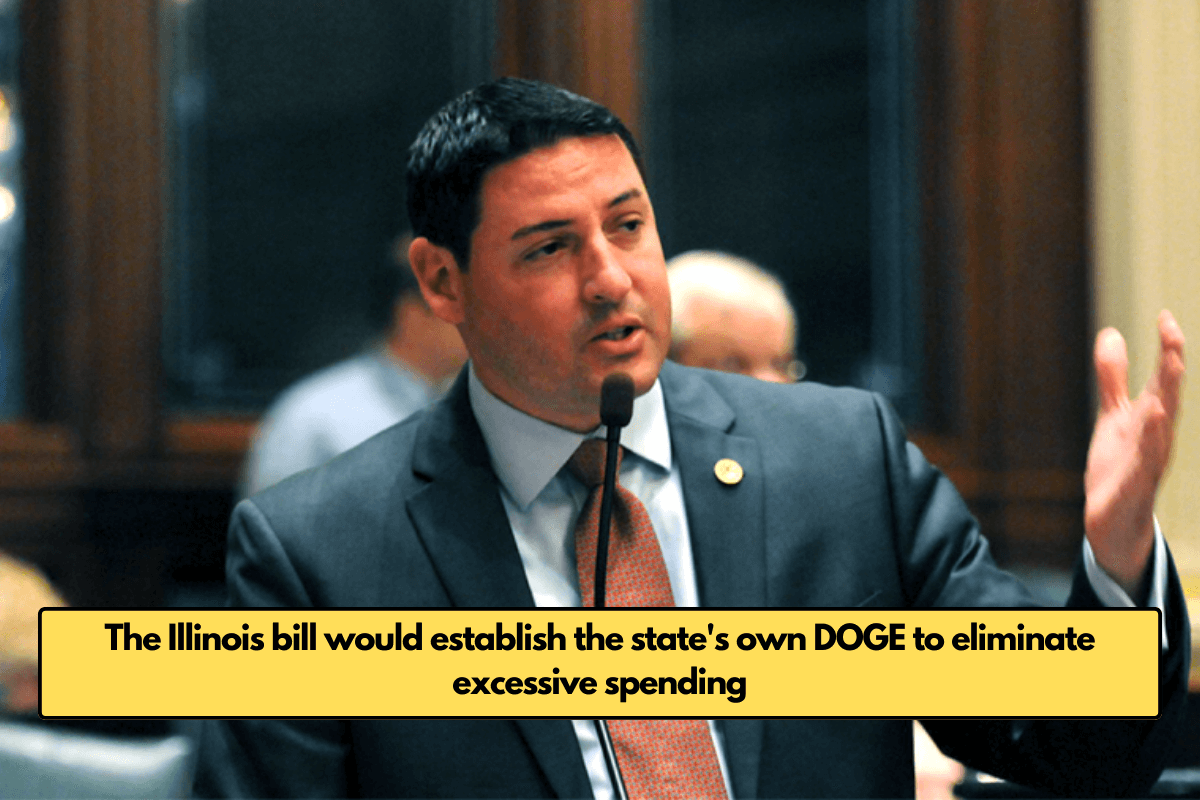A legal dispute between Fulton County District Attorney Fani Willis and Republican state legislators appears to be coming to a head.
Years of Republican investigative efforts are at stake, as is a recent court decision confirming their subpoena power, and the Democratic prosecutor’s insistence that she will never be called to testify before the committee intent on putting her under oath.
The latest meeting of the Special Committee on Investigations was presided over on Thursday by Peach State Sen. Bill Cowsert, a Republican from Athens, the college town. Willis did not attend the proceedings as she had previously stated she would not. However, the chair recently stated that he would try to get her there soon.
Meanwhile, legal maneuvering goes on.
While the committee has been investigating Willis for years, in the summer of 2024, Cowsert increased the pressure — and out-of-state interest in its work — by attempting to get the district attorney on record about her frustrated crusade against President Donald Trump.
The committee’s investigation focuses on how Willis spent public funds on her failed racketeering (RICO) and election interference investigations into the 45th and 47th presidents, as well as whether any funds set aside for other purposes were improperly diverted.
The Georgia state Senate issued a subpoena in August 2024, which initially appeared superfluous. The prosecutor was scheduled to appear and testify under oath at the committee’s public hearing in September, but she did not show up.
Around the same time, Cowsert sought to enforce years-old subpoenas against Willis for documents and testimony, as well as the most recent subpoena. In response, Willis and her office filed a permanent injunction to prevent the subpoenas from being enforced.
In early December 2024, attorneys for the parties argued the case’s general issues, as well as whether Willis should be held in contempt. On December 23, 2024, the Fulton County District Court judge overseeing the case ruled in favor of the committee on the fundamental issue of subpoena power, denying the district attorney’s petition for declaratory judgment and injunctive relief.
Willis then pulled another card from the law deck.
In early January, the embattled district attorney filed a new motion based on an entirely different argument. Willis believes the 2024 subpoenas are moot and should be quashed or dismissed entirely. That is, the procedural posture differs, but the desired outcome remains the same: Willis wants the judge to dismiss the subpoenas.
Willis argued that the November 2024 general election would inevitably result in the swearing-in of a new General Assembly.
State senators, for their part, moved quickly to reauthorize Cowsert’s committee. However, Willis claims that the specifics of how that reauthorization occurred preclude the subpoenas from having any real staying power because the current committee is technically a separate committee.
“The prior General Assembly did not issue its subpoenas until late August of 2024,” the Willis motion to quash states. “The deadline for compliance with them was September 2024.
This Court heard and resolved the case in approximately three months. If the new Special Committee seeks to issue and enforce subpoenas against Petitioner, it has plenty of time before it expires.”
Cowsert and his colleagues responded to Willis with motions filed in late January and earlier this week, opposing the effort to dismiss and/or quash the application to enforce the witness subpoena.
“Petitioner did not appeal the denial of her Petition, and those claims along with any requested relief have been decided,” a Republican motion reads. “Therefore, no further claims in the Petition remain. At this point, all that remains is Respondents’ application to enforce the Subpoena Duces Tecum and Witness Subpoena.”
However, the lingering motions practice over those older subpoenas may prove to be largely ineffective, if not unnecessary.
During Thursday’s meeting, Cowsert suggested that he and his fellow GOP members of the special committee take Willis up on her motion to quash by reissuing the subpoena.
The state senator stated that the purpose of the re-issuance would be to question the district attorney during the current legislative session.















